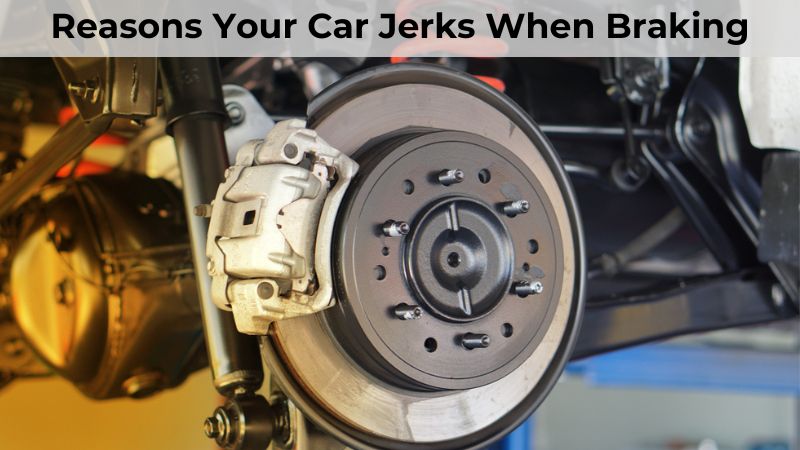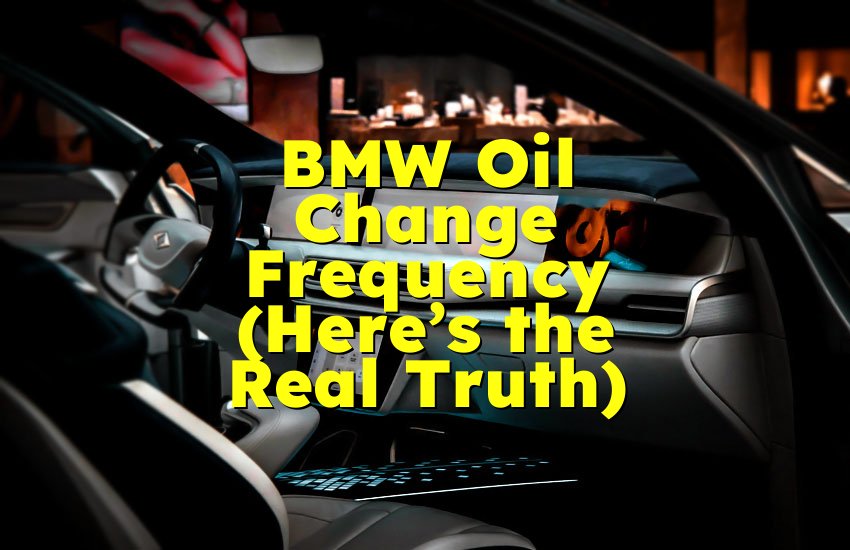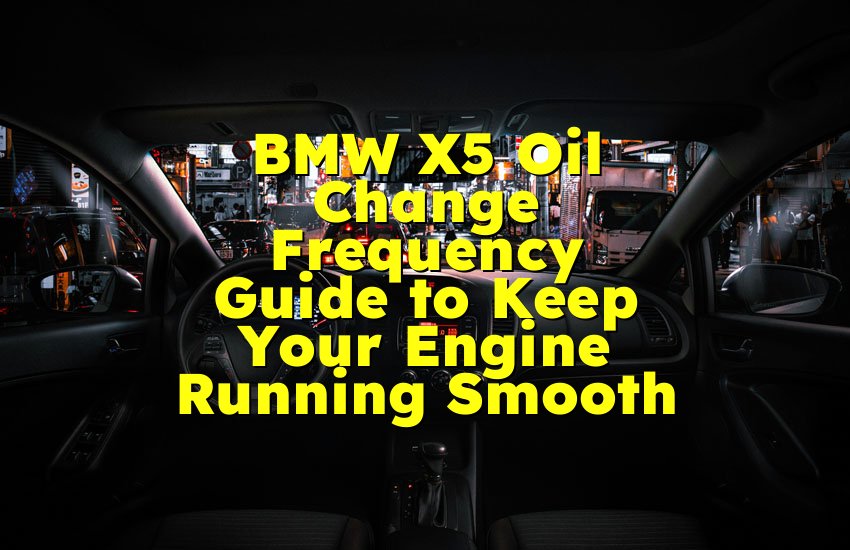As an Amazon Associate, I earn from qualifying purchases at no extra cost to you.
Car Jerks When Slowing Down: Fix It Fast
If your car jerks when slowing down, it could indicate issues with the transmission or fuel system. An abrupt deceleration or a miscommunication between engine and transmission can cause this problem.
Noticing any unusual behavior while driving is important as it can prevent potential costly repairs in the future. Addressing the jerking sensation promptly can help avoid further damage to your vehicle and ensure a smoother driving experience. Seeking professional help to diagnose and fix the issue is recommended for optimal safety and performance on the road.
Keep an eye on any additional symptoms or warning lights that may accompany the jerking to provide the mechanic with as much information as possible for an accurate assessment.
Possible Causes
Transmission issues can result in jerky movements when slowing down. The transmission may not be shifting smoothly.
Malfunctioning brakes could cause the car to jerk when decelerating. This could indicate issues with brake pads or calipers.
Engine troubles such as misfiring or dirty fuel injectors can lead to erratic behavior when slowing down.
Transmission Issues
Transmission Issues in a car can manifest in various ways, one common issue being jerking when slowing down. Subpar performance could indicate Transmission Issues that need addressing to ensure safety and optimal functionality.
Low Transmission Fluid
Insufficient fluid levels can cause jerking as the transmission fails to operate smoothly. Regularly check and top up your transmission fluid to prevent issues. Seek professional help if levels continue to drop.
Worn Out Clutch
A worn-out clutch may lead to jerking when decelerating as it struggles to engage/disengage properly. If you notice this symptom, consider getting the clutch inspected and possibly replaced.
Faulty Torque Converter
A faulty torque converter can result in jerking when slowing down as it hinders smooth power transfer. Consult a mechanic to diagnose and fix any torque converter issues promptly.
Brake Problems
Is your car jerking when you slow down? This may be a sign of brake problems. Don’t ignore this issue, as it could indicate worn brake pads or a malfunctioning braking system. Get it checked by a professional mechanic as soon as possible for your safety on the road.
When experiencing car jerks while slowing down, brake problems could be one of the underlying issues. Brake problems can significantly impact the performance and safety of your vehicle, so it’s crucial to identify and address them promptly. Here are some common brake problems that can cause car jerking:
Worn Brake Pads
Worn brake pads are a frequent culprit of car jerks when slowing down. Over time, these pads become thin and less effective in creating friction against the rotors. As a result, you may notice a jerking sensation when applying the brakes. It’s important to regularly inspect and replace worn brake pads to ensure optimal braking performance. Regular maintenance can prevent further damage to your vehicle’s braking system and ensure your safety on the road.
Uneven Brake Rotors
Another common cause of car jerks when slowing down is uneven brake rotors. When the rotors become warped or unevenly worn, the brake pads cannot make consistent contact, leading to a jerking sensation. This problem can occur due to various reasons, such as aggressive driving or frequent sudden stops. To address this issue, it is recommended to have your brake rotors resurfaced or replaced if necessary. An expert mechanic can assess the condition of your rotors and provide the appropriate solution.
Brake Caliper Issues
Brake caliper problems can also contribute to car jerks when slowing down. The brake calipers hold the brake pads and apply pressure to the rotors when you brake. If the calipers become stuck or fail to release properly, it can cause uneven braking and result in jerking movements. It is crucial to have your brake calipers inspected regularly to ensure they are functioning correctly. If any issues are detected, prompt repairs or replacements may be necessary to restore smooth braking.
In conclusion, brake problems can manifest as car jerks when slowing down, indicating issues with worn brake pads, uneven brake rotors, or brake caliper problems. Regular inspection and maintenance can help identify these problems early on, promoting safe and smooth braking experiences.

Credit: www.electronicshub.org
Engine Troubles
If your car jerks when slowing down, it could be due to various engine troubles. Understanding these issues can help you diagnose and address the problem effectively.
Misfiring Engine
A misfiring engine can cause your car to jerk when decelerating. This occurs when the air-fuel mixture in the engine’s cylinders doesn’t ignite properly. Common causes include faulty spark plugs, damaged ignition coils, or clogged fuel injectors.
Vacuum Leak
A vacuum leak can lead to erratic engine behavior, resulting in jerking motions when slowing down. This occurs when there’s an unintended loss of vacuum pressure in the engine. Potential causes include cracked hoses, damaged gaskets, or a malfunctioning intake manifold.
Throttle Position Sensor (tps) Failure
If the throttle position sensor (TPS) malfunctions, it can disrupt the engine’s performance and cause jerking when decelerating. The TPS is responsible for monitoring the throttle’s position and relaying this information to the engine control unit. When it fails, it can lead to improper fuel delivery and disrupt the car’s smooth deceleration.
Other Possible Causes
When a car jerks when slowing down, it can be a sign of various mechanical issues. Apart from transmission problems, there are other possible causes to consider.
Faulty Fuel Injector
A faulty fuel injector can cause a car to jerk when slowing down. When the fuel injector is not working properly, it can disrupt the fuel-air mixture in the engine, leading to inconsistent performance as the vehicle decelerates. This can cause the car to jerk or lurch, indicating a potential issue with the fuel injector.
Clogged Air Filter
A clogged air filter can restrict the flow of air to the engine, affecting its performance when slowing down. When the engine doesn’t receive enough air, it can lead to jerking or hesitation. Regularly checking and replacing the air filter can help prevent this issue and ensure smooth deceleration.
Ignition System Issues
Issues with the ignition system, such as faulty spark plugs or a malfunctioning ignition coil, can contribute to jerking when slowing down. When the ignition system is compromised, it can cause misfires in the engine, leading to a rough deceleration. Proper maintenance of the ignition system is essential to prevent such issues.

Credit: www.dubizzle.com
Diagnostic And Solutions
Experiencing a jerking sensation when slowing down your car? This issue may point to several potential causes, including transmission problems, damaged engine mounts, or a faulty fuel system. To accurately diagnose and resolve this issue, it’s best to seek the expertise of a qualified mechanic for a comprehensive inspection and effective solutions.
Car jerks when slowing down? Don’t worry, we’ve got you covered! In this section, we will take a look at various diagnostic methods and solutions to help you identify and fix the issue. From checking transmission fluid to replacing brake pads, we’ll cover it all. Let’s dive in!Checking Transmission Fluid
One of the first steps in diagnosing a car jerk when slowing down is to check the transmission fluid. Low or contaminated fluid can cause shifting problems leading to jerks. To check the fluid level, follow these simple steps:- Make sure your car is on a level surface and the engine is running.
- Locate the transmission fluid dipstick and pull it out.
- Wipe it clean, reinsert it fully, and pull it out once more.
- Check the fluid level on the dipstick. It should be within the “full” and “low” marks.
- If the fluid is low, add the recommended type of transmission fluid gradually to avoid overfilling.
Inspecting Clutch Functionality
A faulty clutch can also cause jerking when slowing down. To inspect the clutch functionality, perform the following steps:- Engage the clutch pedal slowly and smoothly while shifting gears.
- Pay attention to any slipping or difficulty in shifting.
- If you notice issues, such as slipping or a worn-out clutch plate, it might be time to get the clutch replaced.
Testing Torque Converter
Another potential culprit for jerking when slowing down is a malfunctioning torque converter. Here’s how to test it:- Ensure that your vehicle is in a safe, open area without any obstacles.
- Put the vehicle in drive and let it idle.
- Gradually apply the accelerator and observe any signs of shuddering or abnormal behavior in the transmission.
- If you experience jerking or shuddering, the torque converter might be faulty and require professional attention.
Replacing Brake Pads
Worn-out brake pads can cause jerking when slowing down, as they may not provide sufficient stopping power. Consider replacing your brake pads if they are worn beyond the recommended thickness, typically around 3mm. It’s crucial to maintain your brake system for optimum performance and safety.Resurfacing Brake Rotors
Uneven or worn brake rotors can also contribute to jerking when slowing down. To address this issue, you can opt to resurface the brake rotors. However, keep in mind that resurfacing may not be possible if the rotors are too thin or damaged. In such cases, replacing the rotors is the best course of action.Inspecting Brake Calipers
Faulty brake calipers can cause uneven braking pressure, resulting in jerks when slowing down. To ensure your brake calipers are functioning correctly, follow these steps:- Visually inspect the calipers for any signs of damage or corrosion.
- Check for proper movement of the caliper pistons.
- If you notice any issues, such as sticking or seized calipers, they may need to be replaced or rebuilt.
Investigating Misfires
Engine misfires can lead to jerking when decelerating. Here’s how to investigate potential misfires:- Connect a diagnostic scanner to the OBD-II port of your vehicle to retrieve any stored error codes.
- Inspect spark plugs, ignition coils, and spark plug wires for any signs of wear or damage.
- If any components are faulty, replace them accordingly.
Detecting Vacuum Leaks
Vacuum leaks can disrupt air-fuel mixture and cause poor engine performance, leading to jerking. Follow these steps to detect vacuum leaks:- Inspect vacuum hoses and connections for cracks, damages, or loose fittings.
- Use a vacuum gauge or smoke machine to identify potential leaks.
- If you find any leaks, replace the affected hoses or repair the connections.
Replacing Throttle Position Sensor (tps)
A faulty throttle position sensor (TPS) can cause erratic idling and jerking when slowing down. If you suspect a faulty TPS, consider replacing it with a new one. Consult your vehicle’s manual or seek professional assistance for the correct procedure.Cleaning Or Replacing Fuel Injector
Clogged or malfunctioning fuel injectors can lead to inconsistent fuel delivery and result in jerking. You can try cleaning the fuel injectors using a reputable fuel system cleaner. However, if the problem persists, replacing the fuel injectors may be necessary.Replacing Air Filter
A dirty or clogged air filter restricts airflow to the engine, affecting its performance and causing jerking. Regularly inspect and replace the air filter as per your vehicle manufacturer’s recommendations to ensure it remains clean and free of debris.Inspecting Ignition System
An inadequate ignition system can cause misfires and jerking during deceleration. Inspect the ignition system components, such as the spark plugs, ignition coils, and ignition wires, for any signs of wear or damage. Replace any faulty components to restore proper ignition performance.With these diagnostic methods and solutions, you can address the jerking issues when slowing down. Remember to follow the specific instructions for your vehicle and seek professional help if needed.When To Seek Professional Help
Experiencing jerks in your car when slowing down is a common issue that may indicate underlying problems. If simple DIY fixes do not resolve the issue, it’s essential to seek professional help. Below are situations where professional intervention may be necessary:
Complex Transmission Repairs
If jerking persists and is accompanied by strange transmission noises, a professional mechanic should inspect your transmission system thoroughly.
Brake System Overhaul
- Sudden jerking when slowing down could point to worn brake pads.
- A professional can assess and perform necessary brake system repairs.
Engine Repairs
- If jerking is severe and happens intermittently, it may indicate engine issues.
- An experienced technician should diagnose and fix any underlying engine problems.

Credit: www.autotechiq.com
Preventing Future Issues
Regular Maintenance
Performing regular maintenance on your car helps prevent issues like jerking when slowing down.
Fluid Checks And Changes
Checking and changing fluids regularly improves your car’s performance and reduces jerking.
Brake Inspections
Regular brake inspections ensure smooth slowing down without any jerks.
Engine Tune-ups
Tuning up your engine keeps it running efficiently, minimizing jerking when slowing down.
Conclusion
To sum up, if your car jerks when slowing down, it could be due to several potential issues. From a faulty transmission or engine problem to a malfunctioning fuel system or worn-out brakes, a thorough inspection by a qualified mechanic is essential.
Ignoring these symptoms can lead to further damage and unsafe driving conditions. Remember, addressing the underlying cause promptly ensures a smoother and safer ride for you and your car.











